FORT RUCKER, Ala. -- Adopting or gifting pets for Christmas can provide people friends. However, long-term responsibilities and costs accompany furry friends and should not be ignored to ensure the holidays remain happy.
Fort Rucker Stray Facility staff advises those contemplating holiday adoptions research what animals fit their lifestyles before bringing four-legged pals home.
Individuals who spend the majority of their days away from home should consider adopting cats, who require less maintenance than dogs, said Animal Health Aid Cordy Crawford.
Canine lovers should ponder what their situations allow before choosing breeds, Animal Health Aid Lisa Moore noted. Considerations include attention level required and necessary exercise time and space for varying canine personalities and ages.
Family dynamics also factor in the decision. Moore said small dogs are often not compatible for clans involving pint-sized children because youngsters can step on tiny paws. She added sometimes adopting older animals is less stressful because they are more mature and may be house trained.
Parents should not expect children to care for animals long-term, Moore said. After the initial excitement of adopting a pet, a youngster may lose interest in daily chores like cleaning and feeding. Adults must anticipate the extra workload.
Crawford also recommends arranging lodging or for neighbors to care for four-legged friends when away for the holidays.
While finding a fluffy kitten or cuddly puppy under the tree may be heartwarming, unprepared owners will soon find themselves facing heartache after the holidays if they cannot afford an animal's upkeep.
Before bringing pets home, owners should gather necessary supplies, including quality food, shelter, litter and litter boxes for cats, flea treatments, collars, leashes and toys, Crawford said.
Animals should not be gifted to individuals who aren't financially capable of caring for them long-term, she said. For those who are, costs can still add up quickly and unexpectedly.
The American Society for the Prevention of Cruelty to Animals estimates cats costs more than $600 annually, while dogs range from $580 to nearly $900, depending on the canine's size. Owners must also be aware the first year's costs are greater, ranging from $1,000 to $1,500 to establish initial supplies such as cages and carriers, spaying or neutering costs, multiple puppy and kitten shots and training classes.
Those interested in companions may visit the Stray Facility in Bldg. 8829 on Andrews Avenue Monday-Friday from 8 a.m. to 3 p.m. or call 255-0766. Adoption costs $81, including microchips, spaying or neutering and up-to-date shots. The facility is closed for the holidays Dec. 24-25 and 31 and Jan. 1.
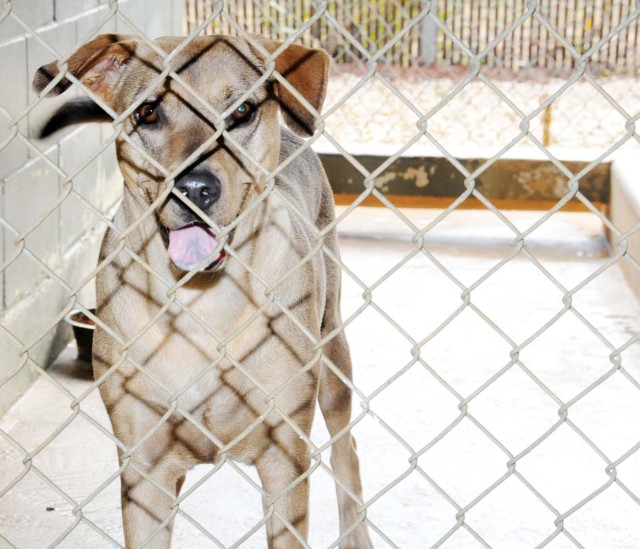
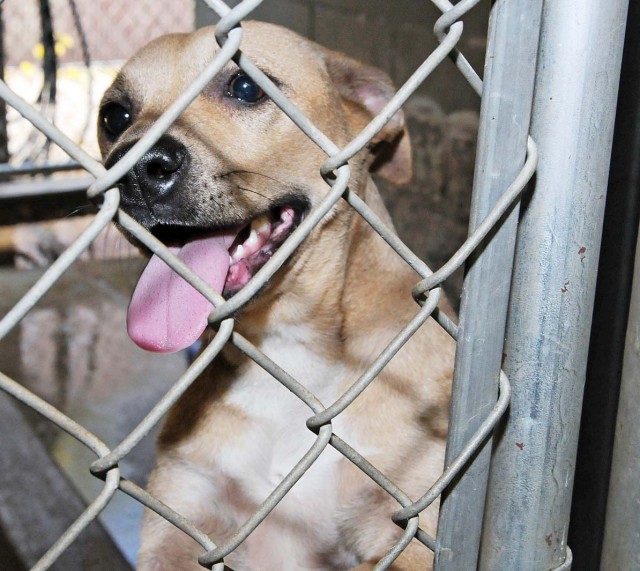
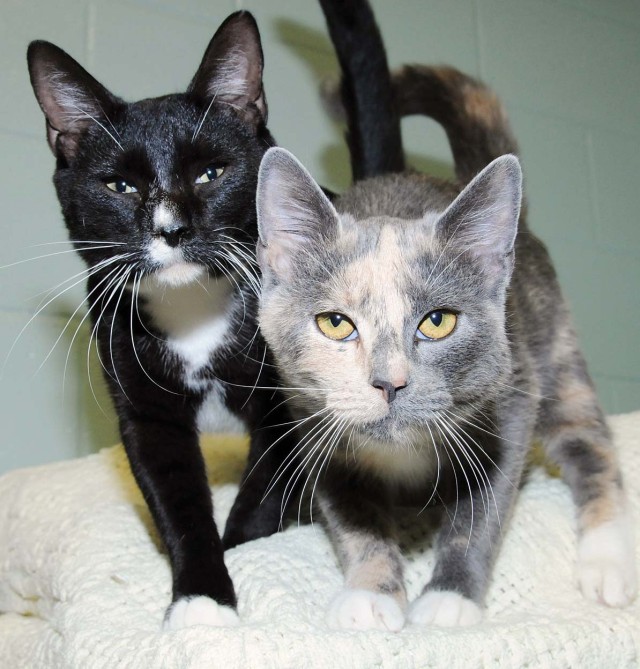
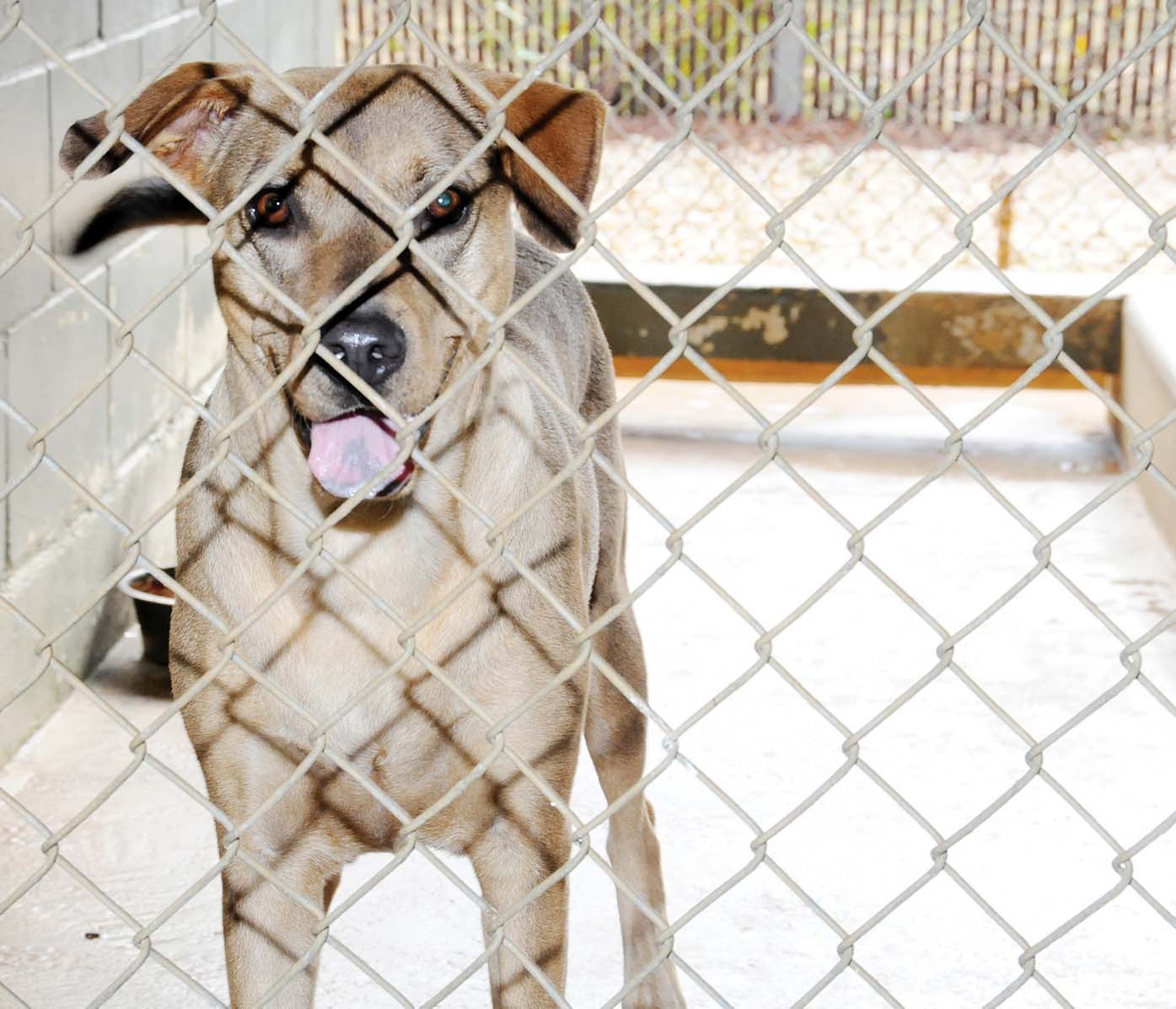
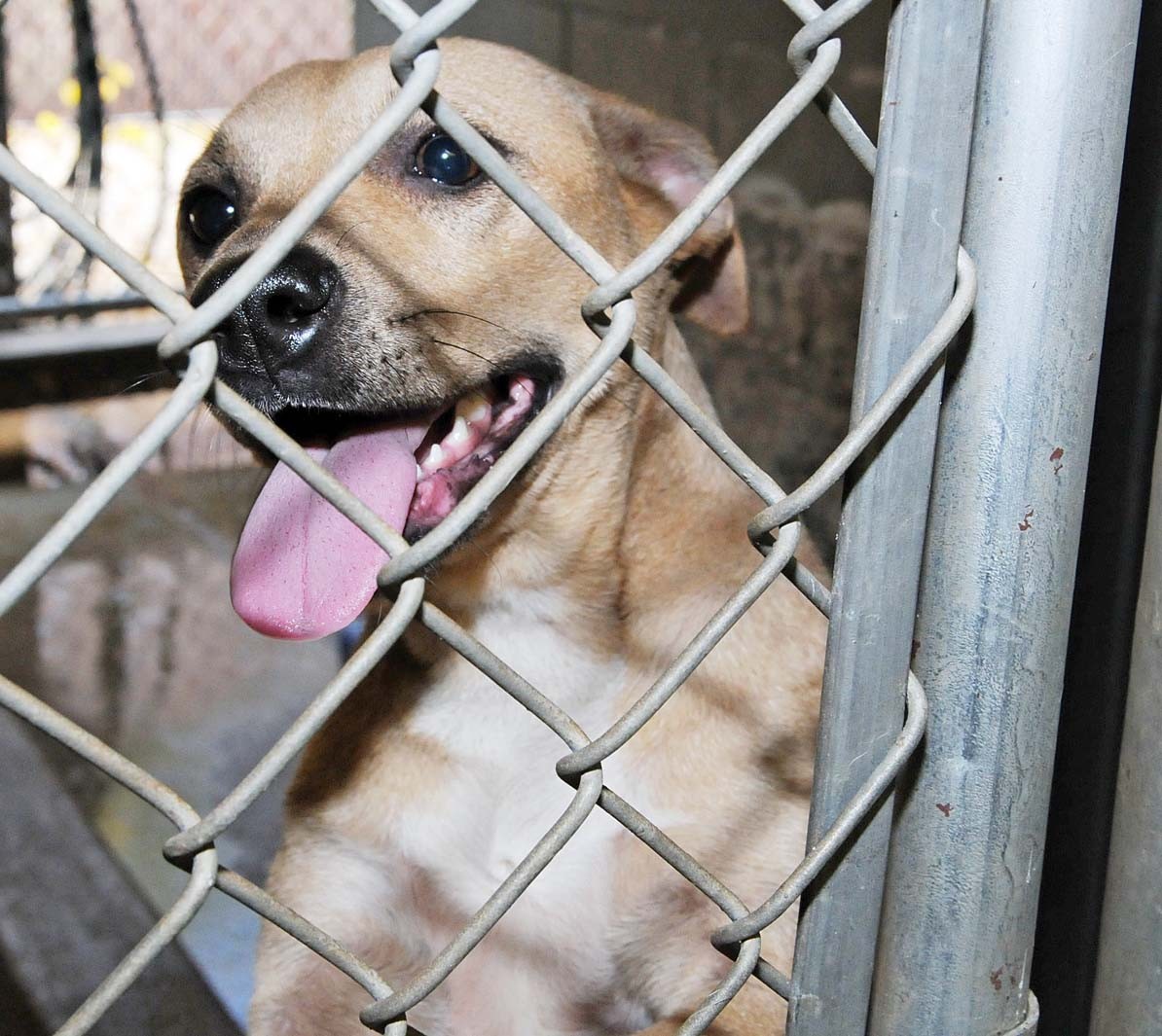
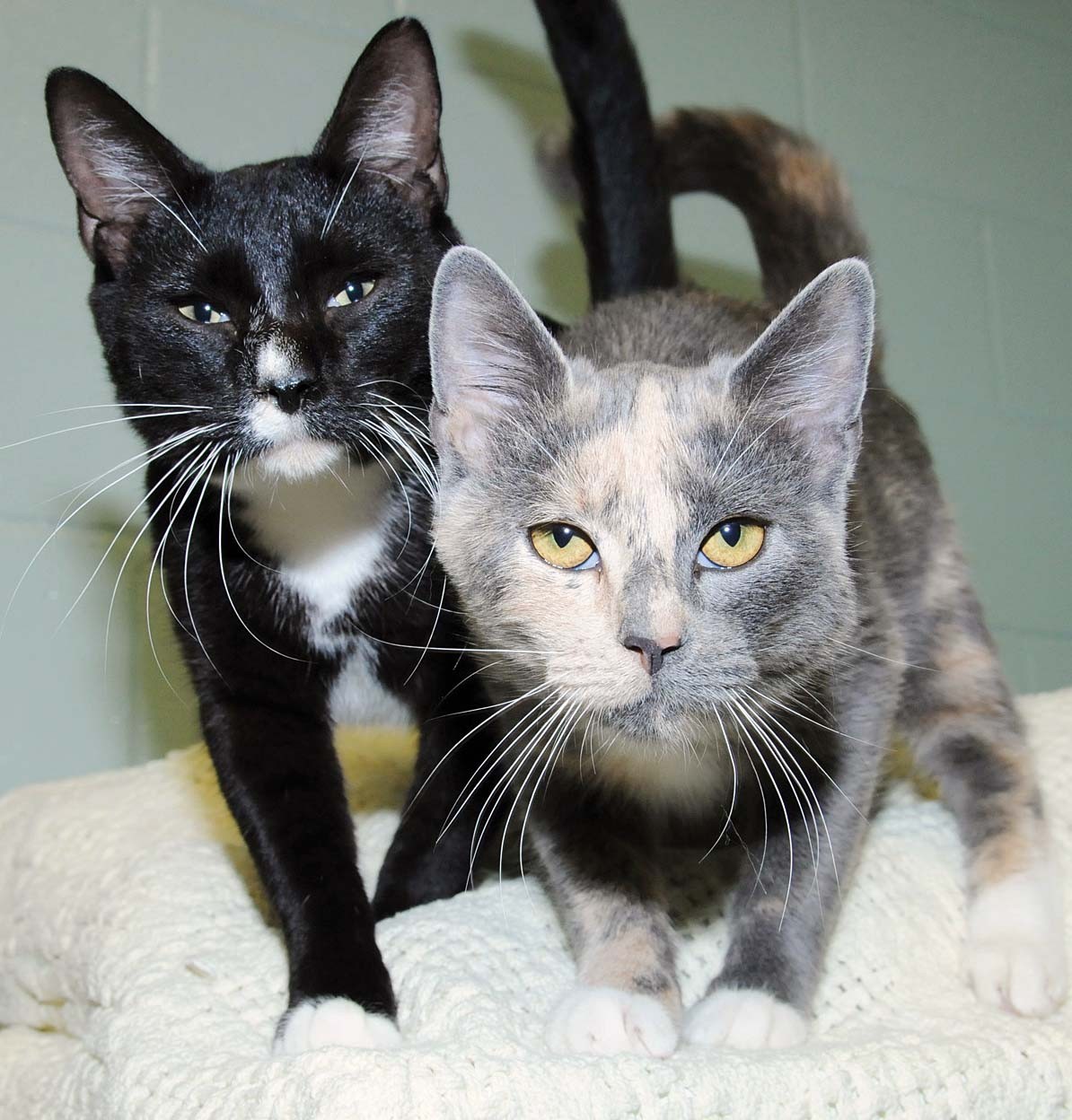
Social Sharing